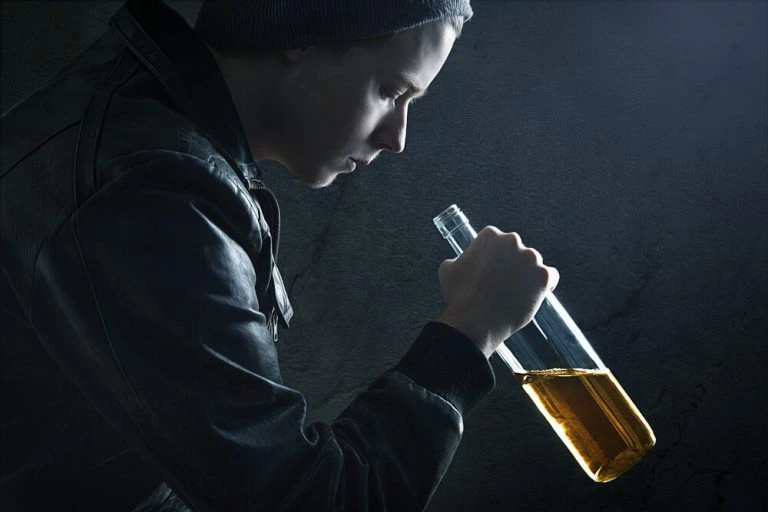What Makes Addiction A Disease?
Many people wonder what causes an addiction, and what makes an addiction a disease? According to the government’s drug abuse site, “Addiction is a chronic, often relapsing brain disease that causes compulsive drug seeking and use, despite harmful consequences to the addicted individual and to those around him or her.”

What Makes Addiction A Disease That Affects So Many People?
Addiction refers to more than substance abuse, although drug and alcohol addiction are the most common forms. Behavioral addiction includes gambling, sex, shopping, eating, and hoarding and can damage a person’s life and relationships. The disease of addiction may manifest itself in different ways, but it stems from a complex disease that disrupts various regions of the brain including reward, motivation, and judgment.
What Makes Addiction A Disease?
If you wonder what makes addiction a disease, it is caused by a combination of factors. Approximately fifty-percent of the addiction development risk is due to genetics, and the remaining amount includes a combo of behavioral, biological, and environmental equations that indicate a person has the propensity toward developing an addiction. Which comes first? Is addiction caused by risky substance abuse, or is it already there and triggered by reckless behavior? Researchers are still discovering new connections between the brain and addictive behavior. There are consequences when the disease of addiction is left untreated, and they include both physical and mental health issues that can become life-threatening over time.
Is Addiction A Disease?
Is addiction a disease? The American Medical Association and the American Society of Addiction medicine classify addiction as a disease. People may be predisposed to many diseases, such as diabetes and atherosclerosis. A person’s behavioral choices can increase the risk of developing the disease and exacerbate the symptoms if it occurs. The question, “Is addiction a disease?” is a concern people wrestle with. The similarities between the cause of addiction and other illnesses place addiction in the category of a disease. If your father and mother were alcoholics, you may be predisposed to be an alcoholic. However, if you choose to never drink, the disease will not take over your life. The disease can be controlled, but not cured.
When a need is satisfied, there is a feeling of pleasure caused by the release of chemicals in the brain. Addictive substances release the chemicals in the brain that make the user feel good. After a period of time, the user becomes dependent on the substance (drugs or alcohol) in order to feel normal. There are a number of risk factors that may cause a person to develop an addiction.
- Immediate family member with a substance abuse disorder
- Psychological or psychiatric disorder (dramatic increase in risk)
- Childhood trauma such as sexual or physical abuse
- Childhood history of aggressive behavior
- Started using cigarettes, alcohol, or drugs at an early age
- Lack of parental supervision during childhood
- Had access to alcohol and drugs as a child
- Poor social skills
- Low socioeconomic status
Is Addiction Hereditary?
Scientists working to solve the problem of drug addiction have studied identical and fraternal twins, siblings, and adoptees. Is addiction hereditary? The study results indicate that as much as fifty-percent of a person’s addiction risk is the result of genetic makeup. Researchers are looking for the differences in biological connections that can make a person more or less vulnerable to addiction. The same genetic research may help find a way to develop improved treatments to restore proper brain function.
If you or someone you love is dealing with an addiction, you can get help locating a drug treatment center near you. The sooner the addict gets help, the sooner he or she will learn to take back control of their life. Call Better Addiction Care today for help at (800) 429-7690.






